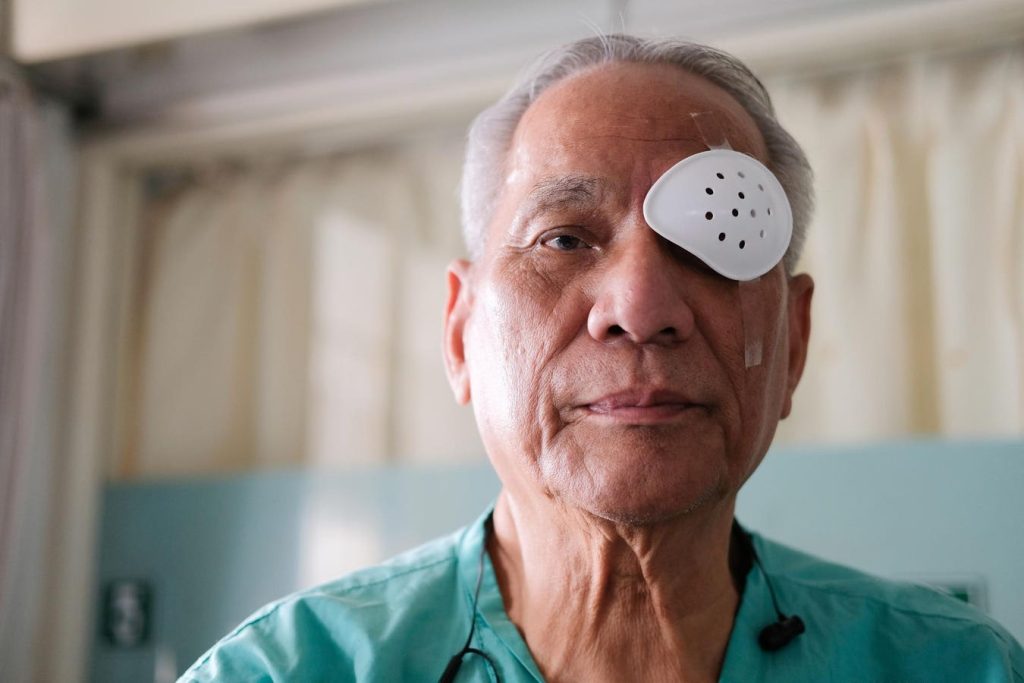Cataract surgery is a common procedure in the United States, with almost four million surgeries performed each year. Cataracts are a clouding of the lens in the eye that can result in blurry or double vision, sensitivity to light, and difficulty seeing. While cataracts are more commonly associated with older individuals, younger people are also experiencing vision issues due to factors such as exposure to ultraviolet light and prolonged used of electronic devices. Surgery is necessary to treat cataracts, and advancements in technology have made the procedure outpatient and involve small incisions and replacement with an artificial lens.
Medicare Part B helps to cover the costs of cataract surgery for those with Original Medicare, but out-of-pocket costs may still apply. Medigap policies can help cover coinsurance and deductibles, while Medicare Advantage plans may have copayments and require prior authorization. Medicare covers the surgery that implants conventional intraocular lenses, typically monofocal lenses that require individuals to use glasses or contacts for reading or close work. Replacement intraocular lens options can add additional costs, such as corrections for astigmatism that may exceed Medicare’s allowance. Eye drops used before and after surgery typically fall under Medicare Part D, but coverage and costs vary by plan.
While cataract surgery may not be cheap, the improved vision is often considered well worth the cost. It is important for individuals to understand their Medicare coverage and potential out-of-pocket expenses for cataract surgery. In some cases, upgraded glasses, multiple sets of contact lenses, upgrades to replacement intraocular lenses, and cost-sharing for eye drops may result in additional expenses. Understanding the potential costs associated with cataract surgery can help individuals make informed decisions about their vision care and treatment options. For more information on cataracts and cataract surgery, individuals can refer to the National Eye Institute website or consult with their healthcare provider.


